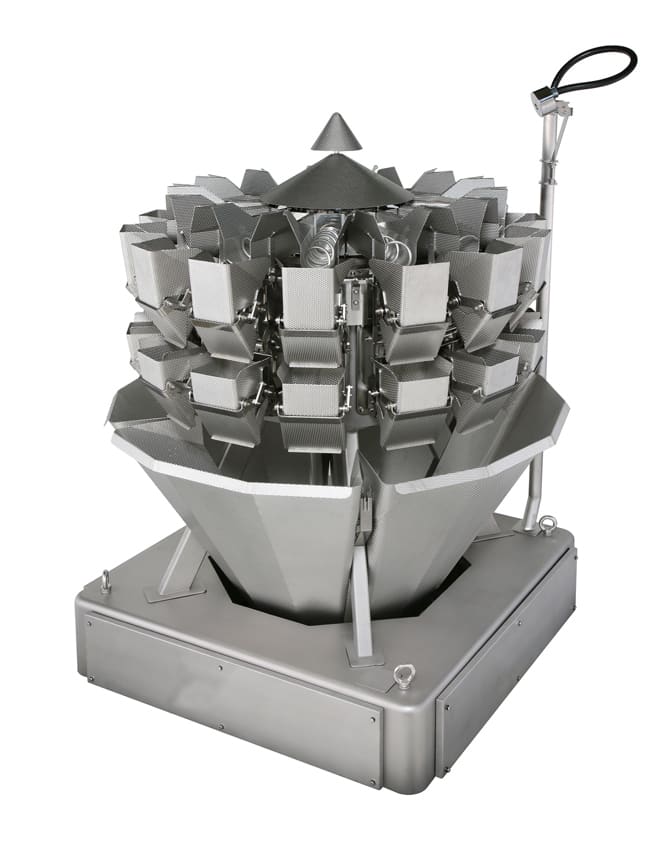
As the number of people who are turning to a vegan lifestyle rises, the food industry is having to adapt its processes to ensure that there is no cross-contamination between meat-based products and non-meat products.
Under the Food Safety Act 1990, it is an offence to mislabel food products. All ingredients, even the smallest trace amount, have to be listed. Therefore, if a trace amount of meat is found in a vegan product, it can mean serious consequences for the production company.
The food industry needs, therefore, to take every precaution to ensure that there is absolutely no cross-contamination between meat-based products and non-meat products – even down to the items that come into contact with the food during processing. This includes items such as machinery, weighing equipment, and preparation surfaces. Although vegan and meat-based products should be prepared in separate areas, it is possible for cross-contamination to occur, and therefore all equipment needs to be easy to clean and sanitise. They also need to be free from areas which may trap food stuffs.
This is why stainless steel is used for many products and components that come into contact with food during processing. Stainless steel is an important material for a range of products for the food industry, as it is easy to clean and sanitise, and is resistant to corrosion from chemicals used for cleaning.
During the manufacture of stainless steel parts, components and assemblies for the food industry, we take every precaution to ensure that our products are hygienic and are easy to clean and sanitise. During welding, we take the utmost care to ensure that welds are clean and free from areas where bacteria or miniscule food products could be harboured. To talk to us about our stainless steel fabrications for the food industry, please call us on 0121 773 5222. You can also drop us a line at sales@chbarnett.co.uk, or complete your details on our contact form and we will get back to you.